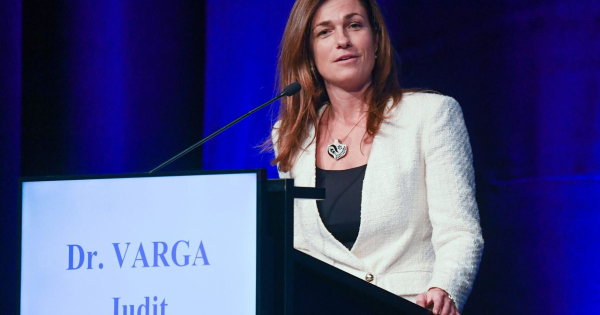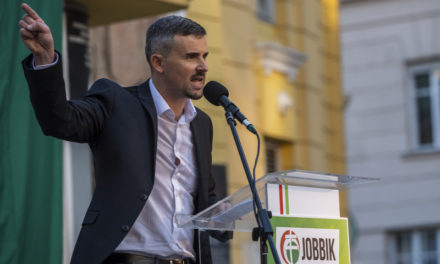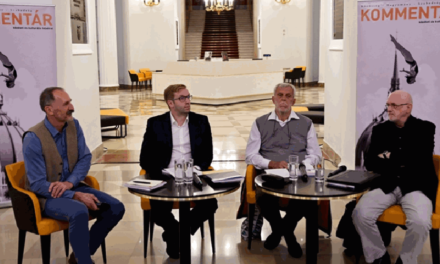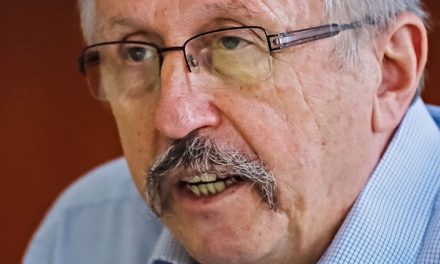The Élysée Treaty concluded in 1963 between Germany and France has become an example and a mold for cooperation between the countries, said Minister of Justice Judit Varga at the conference entitled The Élysée Treaty from a sixty-year perspective, on Friday in Budapest, at the National University of Public Service.
The minister emphasized: the agreement played an extremely important role in the reconciliation between France and Germany, "at the same time, it managed to sneak the ray of hope of the possibility of cooperation under the storm clouds of the Cold War."
He indicated: however, this did not settle the fate of either the divided Germany or the torn Europe. "This required additional years and a chancellor, Helmut Kohl, who - from the gap created by the Hungarians - created a wide open gate through which first the Germans and then the European peoples could find each other again." - He told.
According to Judit Varga, the six-decade history of the Élysée agreement clearly shows that the basis of European cooperation is primarily cooperation between nations. "European integration started with foundations between nations, this guaranteed its success and this must be decisive in the future as well. We need a strong Europe of strong nations." he said.
Judit Varga expressed her hope that the German-French cooperation and, in a broader sense, the cooperation between the nations that make up the European Union will continue to be the key to a stable and prosperous Europe in the future.
The Minister of Justice also spoke about the war in Ukraine. "We Hungarians especially desire peace, since there is a war raging in our neighborhood." he declared. He added: A 150,000-strong Hungarian minority lives in Transcarpathia
"Hungary also views the war as a motherland that fears its compatriots."
"Out of the responsibility we feel towards them and to avoid the risk of drifting into the conflict, we do not allow the delivery of weapons to Ukraine through our country." - he added, emphasizing that Hungary is doing everything to alleviate the suffering caused by the war and is carrying out the largest humanitarian action in its history.
He reminded him: Hungary's position on the war has been clear from the beginning.
"We are on the side of peace and we believe that controversial issues must definitely be resolved at the negotiating table." - He told,
emphasizing that the government is urging the conclusion of an immediate ceasefire and immediate peace negotiations in all available forums. "Lives can only be saved with peace and a ceasefire." he stated.
Judit Varga expressed her hope that the war will end soon, "and just as we witnessed a historic reconciliation 60 years ago, perhaps in the not-too-distant future an agreement can be reached that will ensure the peace of the eastern end of Europe for many decades."
Gergely Prőhle, director of the Institute of Strategic Studies, emphasized in his introduction that the Élysée Treaty showed that the idea of national interest and European unity within the European Union are not contradictory concepts.
Source: 888.hu
Featured Image: Facebook













